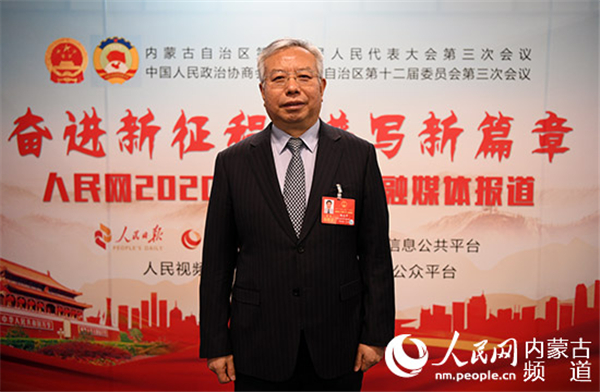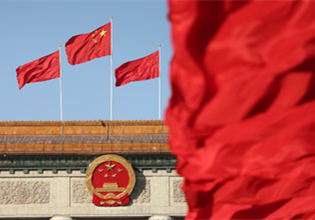Call for establishing aviation medical assistance system

Deputy Yang Zhiping is hopeful that major change will come, once the aviation medical assistance system is adopted. [Photo/people.cn]
A call was made to establish an aviation medical assistance system in Inner Mongolia by Deputy Yang Zhiping, who submitted the motion recently to the 13th People's Congress of Inner Mongolia autonomous region.
He said residents living in the region should create the assistance system in response to the region’s vast area, inconvenient transportation in many areas and limited medical resources.
Such a system would guarantee that high-quality medical resources were on the scene at the earliest time to provide complete on-site first aid and transfer treatment.
The speed of medical helicopters is some three to five times faster than ambulances. Experts say the accident mortality of critically ill patients can be reduced by about 40 percent, especially for those in remote regions such as in the grasslands, mountains and border areas.
Yang also said the system could help reduce patients’ personal financial burden and save a large amount of medical insurance funds due to timely and efficient treatment.
Currently, there is such an aviation medical assistance service being offered in Bayannur city in Inner Mongolia.
Bayannur Municipal Hospital and Haifeng General Aviation Technology Co signed a cooperation agreement in 2017 to take the lead in developing medical aviation rescue services in Inner Mongolia.
The services started trial operations in 2018. To date, more than 190 aviation rescues have been conducted, helping residents with its high efficiency at prices similar to those of the ambulances services.
Yang expressed his hopes that the service could be extended to the all 12 cities, banners and leagues in Inner Mongolia autonomous region.
To promote the development of the service, Yang advised that the government of Inner Mongolia should establish stable compensation channels and long-term compensation mechanisms for aviation medical rescue expenses.
Impoverished people and those in remote agricultural and pastoral areas get more medical help, by sharing rescue fees between government finance, medical insurance, aviation companies, related hospitals and individual patients, he added.
Yang also suggested that Inner Mongolia should seek cooperation with Ningxia, Gansu, Qinghai, Xinjiang and Tibet to expand the coverage of the aviation medical rescue system in the long term.



 Print
Print Mail
Mail





